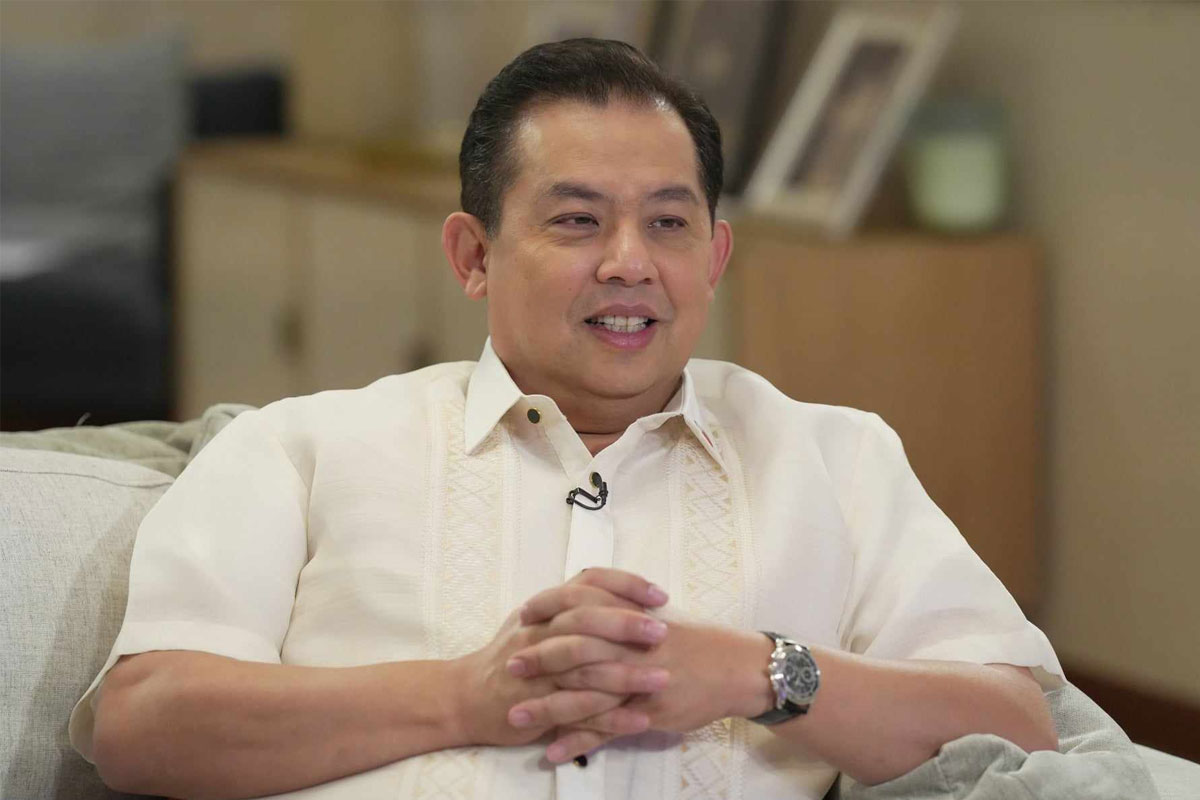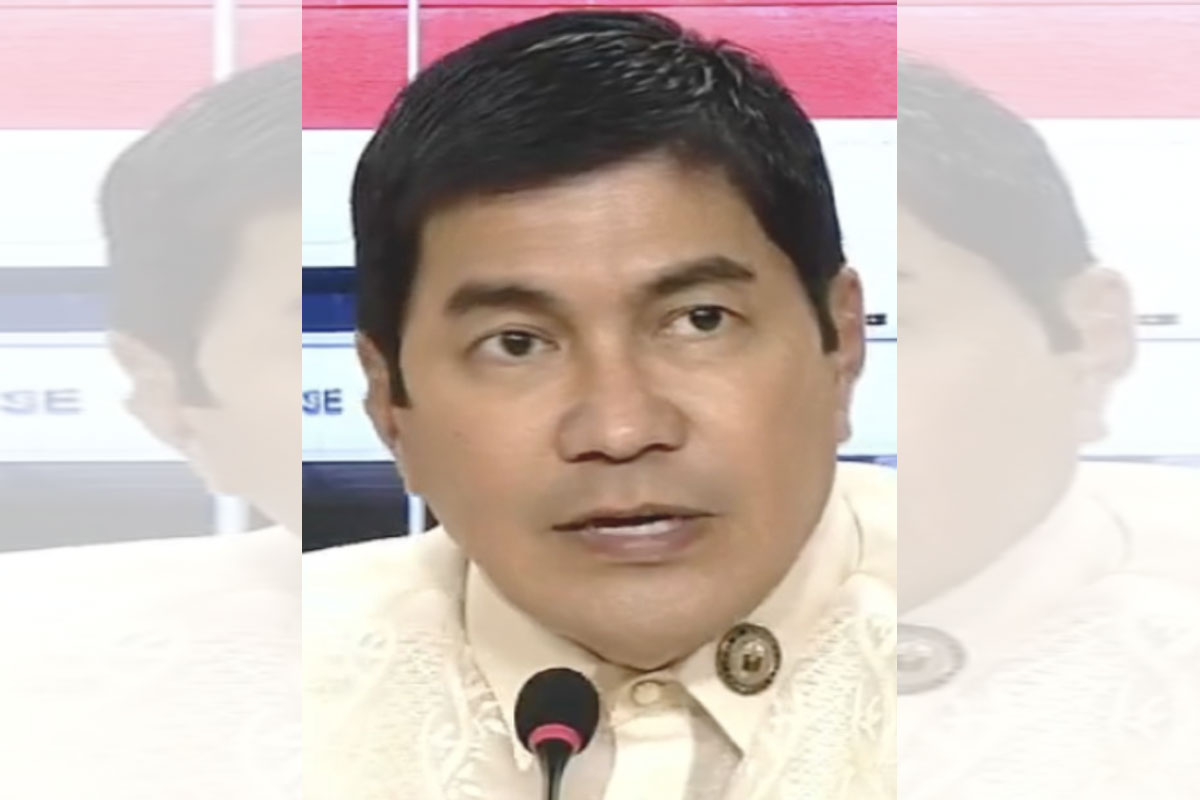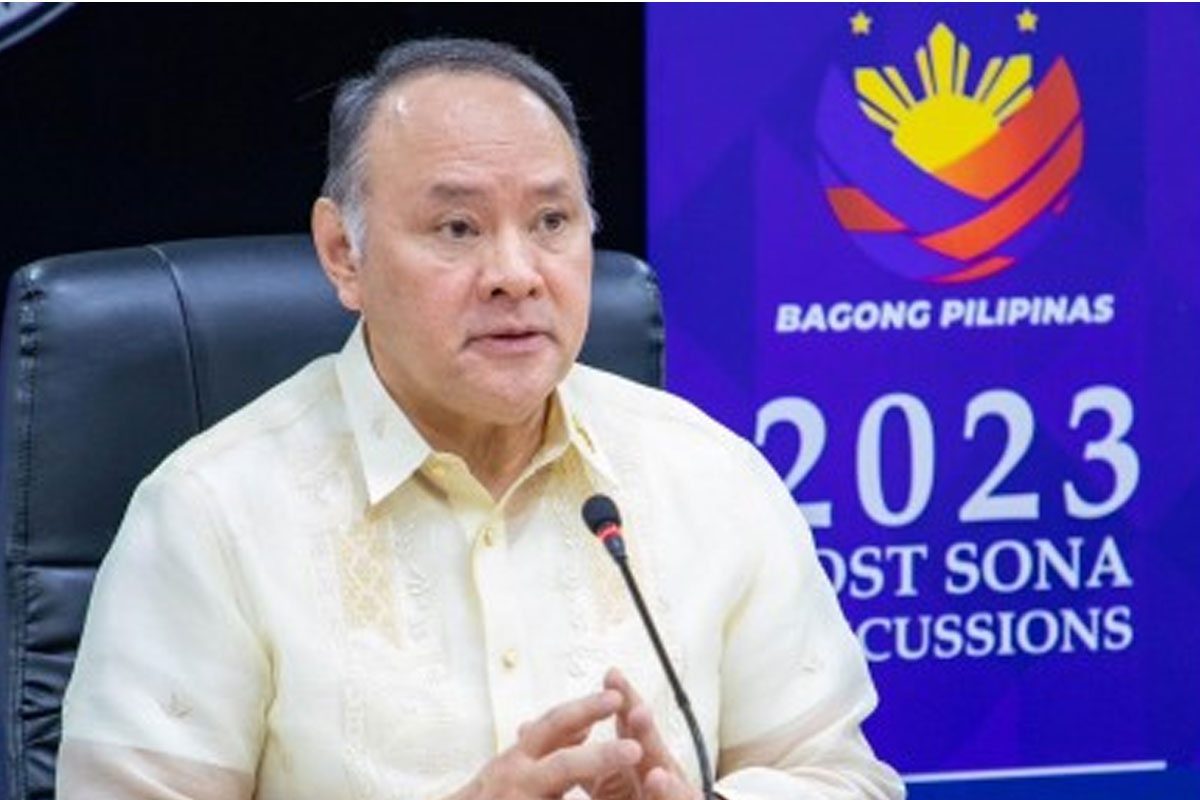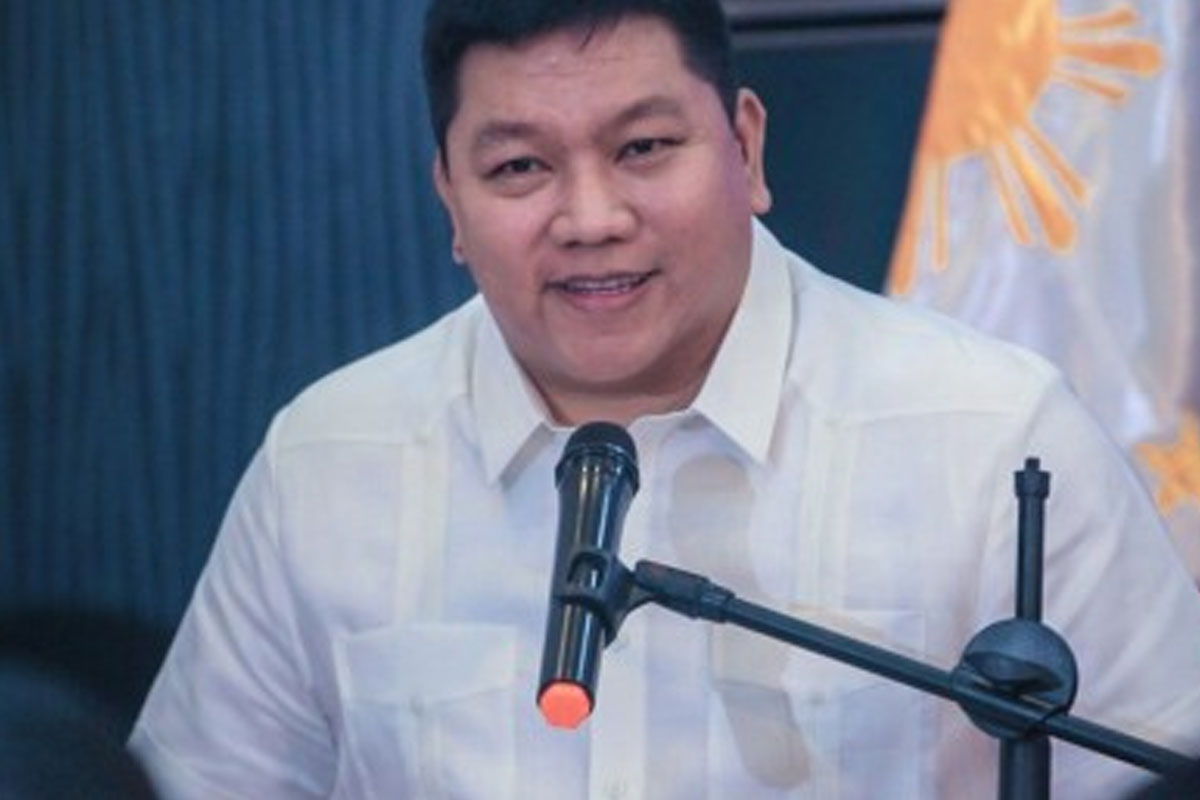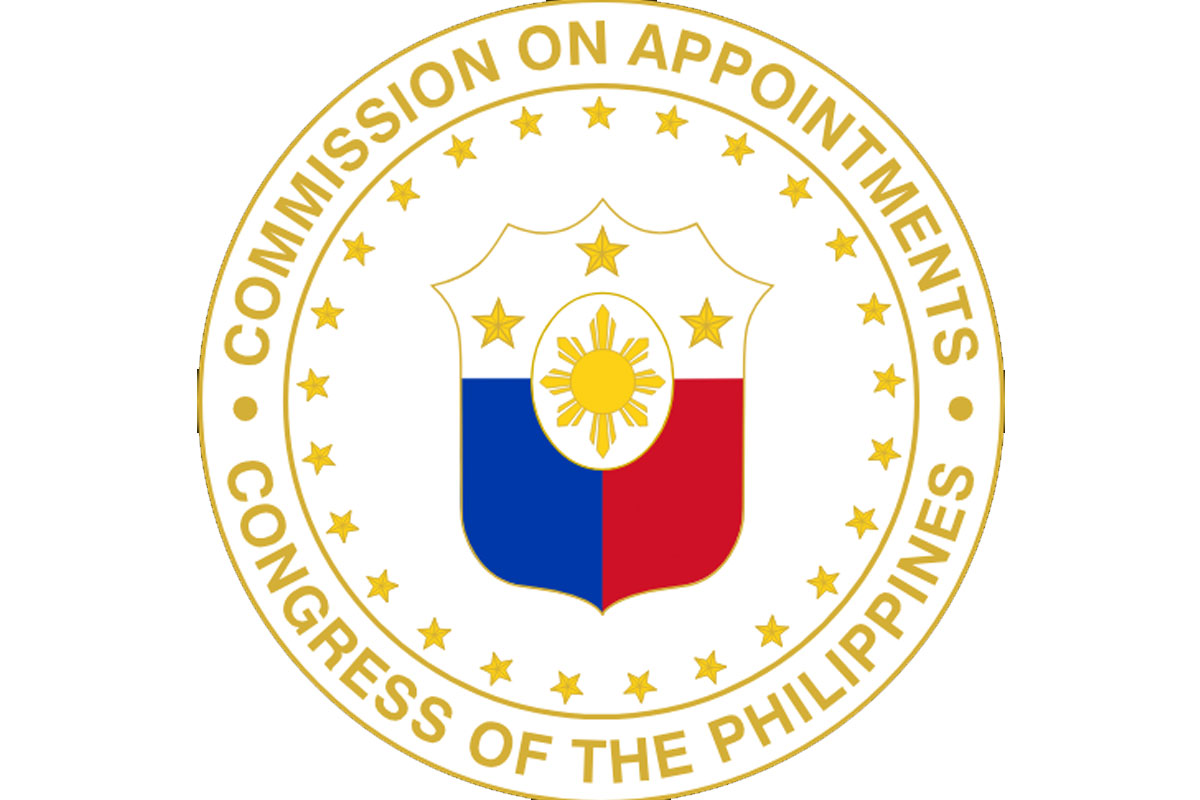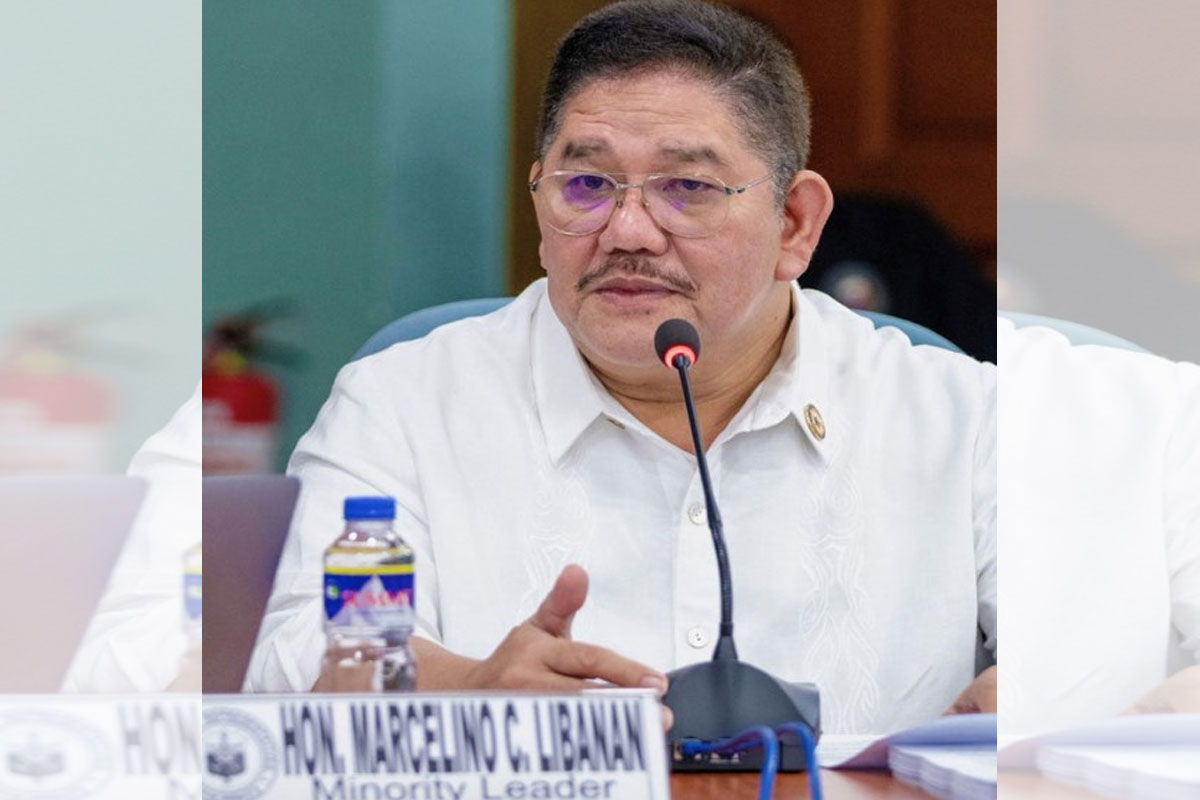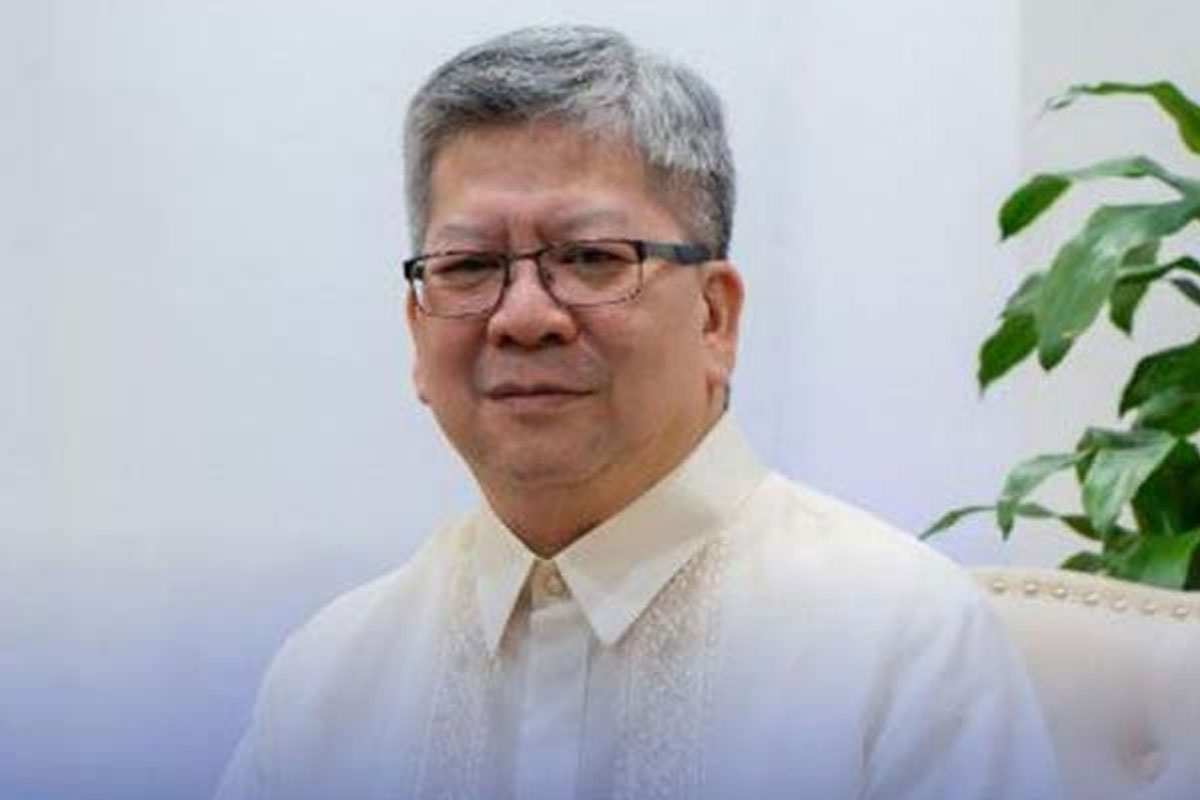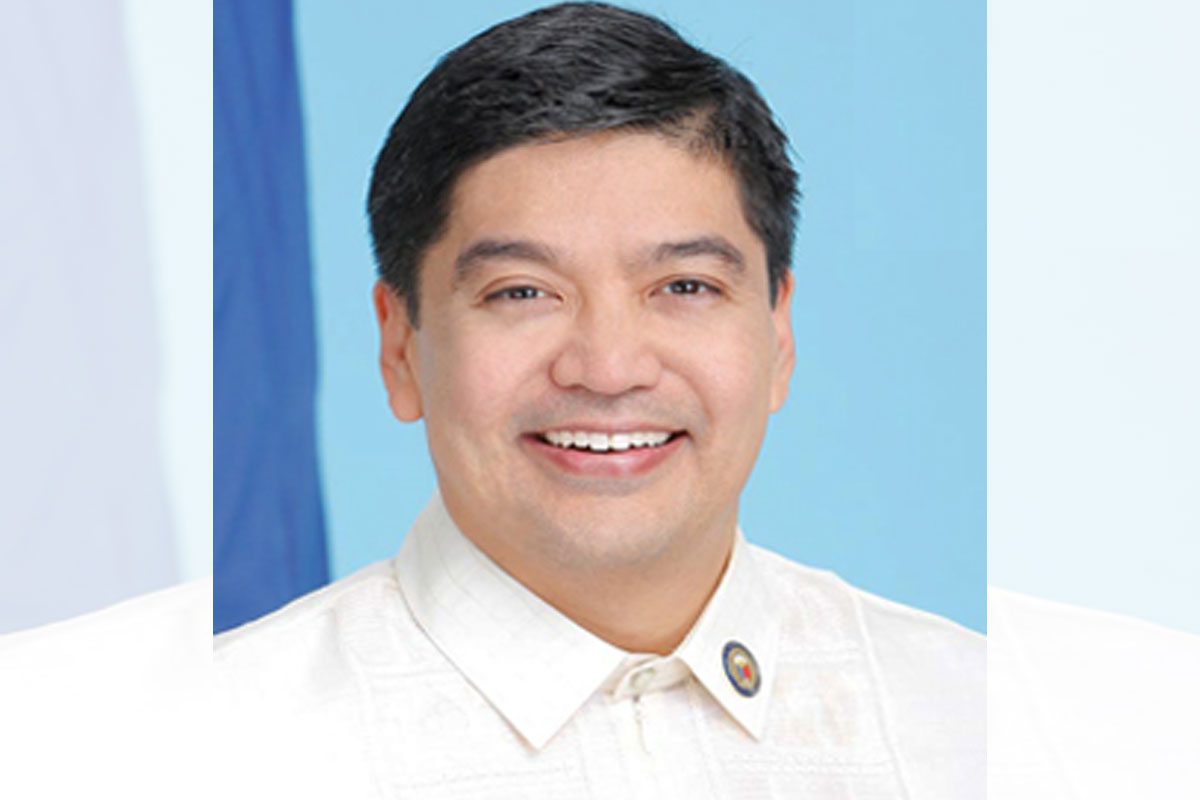
4 CamSur solons seek funding for PH virology institute
FOUR Camarines Sur (CamSur) lawmakers led by National Unity Party (NUP) President LRay Villafuerte want the Congress to set aside an initial P2-billion research fund for the proposed Philippine Virology Science and Technology Institute (VIP) being endorsed by President Marcos Jr., in a bid to transform the Philippines into a self-reliant, vaccine-producing country much better prepared to deal with future public health emergencies.
Villafuerte and his three co-authors have filed House Bill (HB) 308, setting “in motion the Malacañang-endorsed creation of the VIP, and allocating an initial P2 billion for its research and development (R&D) activities, in step with a government vision to make this proposed institute our premier laboratory on virology research and science-based investigations of viral diseases like COVID-19.”
Camarines Sur Reps. Miguel Luis Villafuerte and Tsuyoshi Anthony Horibata, along with Bicol Saro Rep. Nicolas Enciso VIII, are Villafuerte’s co-authors in HB 308.
As proposed by these four legislators, this Virology Research Fund shall be used exclusively for implementing the Virology Institute Strategic Plan, which shall be administered by the VIP, subject to existing government budgeting, accounting and auditing rules and regulations.
VIP’s Virology Research Fund shall come, according to this bill, from an initial P2-billion allocation under the annual General Appropriation Act (GAA); all incomes raised from its operations, technology transfer, and licensing agreements; and from loans, contributions, grants, bequests, gifts, and donations, whether from local or foreign sources.
HB 308 provides, though, that the acceptance of grants, bequests, contributions, and donations from foreign governments shall be subject to the approval of the President, upon the recommendation of the Secretaries of the Departments of Science and Technology (DOST) and of Foreign Affairs (DFA).
The bill also authorizes the DOST Secretary—with the approval of the National Economic and Development Authority (NEDA) and, later, the Department of Finance (DOF)—to enter into loan agreements with foreign lenders or development partners for financial support for the would-be VIP.
VIP’s creation was one of the 19 priority bills endorsed by President Marcos Jr. to the 19th Congress in his first “State of the Nation Address” (SONA) last July 25.
The President proposed in his first SONA that Congress write new legislation creating the VIP as an attached agency of the DOST. “All offices and units under the DOST with functions related to virology shall now be transferred to the Virology Institute of the Philippines,” he said.
Later, in his first budget message to Congress for his proposed 2023 GAA of P5.268 trillion, Mr. Marcos said that to support the “faster identification of, and response to, outbreaks (as) has been highlighted by the Covid-19 pandemic,” Malacañang has allocated P420 million to fund 7 R&D projects of the would-be VIP.
According to its website, as of Sept. 15, the active tally of the Department of Health (DOH) was at 24,843 active cases, bringing the nationwide baseload to 3,913,536.
Villafuerte is optimistic it will be “smooth sailing” for this VIP proposal in the House of Representatives at least, considering that Speaker Ferdinand Martin Romualdez earlier assured the public that eight of President Marcos’ 19 legislative priority measures, including this VIP bill, are eligible for “expeditious approval” because these bills were already passed on third and final reading in the 18th Congress.
This is because Rule 10, Section 48 of the House rules allows the concerned committees in the bigger chamber to dispose of quickly the priority bills that had been introduced and passed on final reading already in the immediately preceding Congress.
Romualdez, along with Ilocos Norte Rep. Ferdinand Alexander Marcos, and Tingog Party-list Reps. Yedda Romualdez and Jude Acidre, have actually filed his own version—HB 10—of this VIP bill.
Villafuerte recalled that Romualdez had said that using Rule 10, Section would hasten consideration and endorsement by any House panel of any priority bill and its eventual plenary approval by the chamber.
“The Philippines, as a tropical country, is a possible hotspot for viruses. Hence, it is important to address this issue with our own R&D. This bill proposes a Research Institute specifically delving into the field of virology, as a better understanding of viruses would equip us in our response to, and containment of, future viral outbreaks like the current coronavirus pandemic,” Villafuerte and his three co-authors said in HB 308.
They pointed out that “new viruses always pose a public health management challenge. New viruses as well as re-emerging ones, have affected the country in recent years. Very few could have imagined in this lifetime experiencing a global health crisis with as far-reaching global effects as those spawned by COVID-19 for more than two years now.”
In a recent virtual press briefing, Dr. Teodoro Herbosa, who was a former special adviser to the National Task Force Against COVID-19 (NTF), said the creation of the VIP will, in part, address the challenges brought about not only by the pandemic but also by other emerging diseases.
When the NTF and Inter-Agency Task Force for the Management of Emerging Infectious Diseases (IATF-EID) were drawing up the National Action Plan (NAP) on COVID-19 during the previous Duterte administration, Herbosa recalled that there was no mechanism for the national government to immediately assemble a pool of health experts.
Herbosa said the creation of the VIP would address one important aspect of national security, which is for the Philippines to have its own manufacturing facility for vaccines and other medicines.
“During the pandemic itself, nahihirapan tayong mag-source ng vaccines because the vaccines na pino-produce ng ibang countries, ginagamit din nila. Kaya nakita natin na part ng national security ang meron tayong sariling Virology Institute at vaccine manufacturing,” he added.
Former DOST Secretary Fortunato dela Peña earlier claimed the DOST had already secured funding for the VIP even if the bill creating it was still pending in the Congress.
Dela Peña said P150 million had been allotted for Phase 1 of the would-be VIP’s building and another P300 million for its R&D projects.
HB 308’s sponsors said their bill recognizes that “the establishment of an institute that will conduct R&D activities/in-depth study on the viruses affecting the lives of the country’s people and resources is vital for the protection of the health of Filipinos and the preservation of our national life.”





